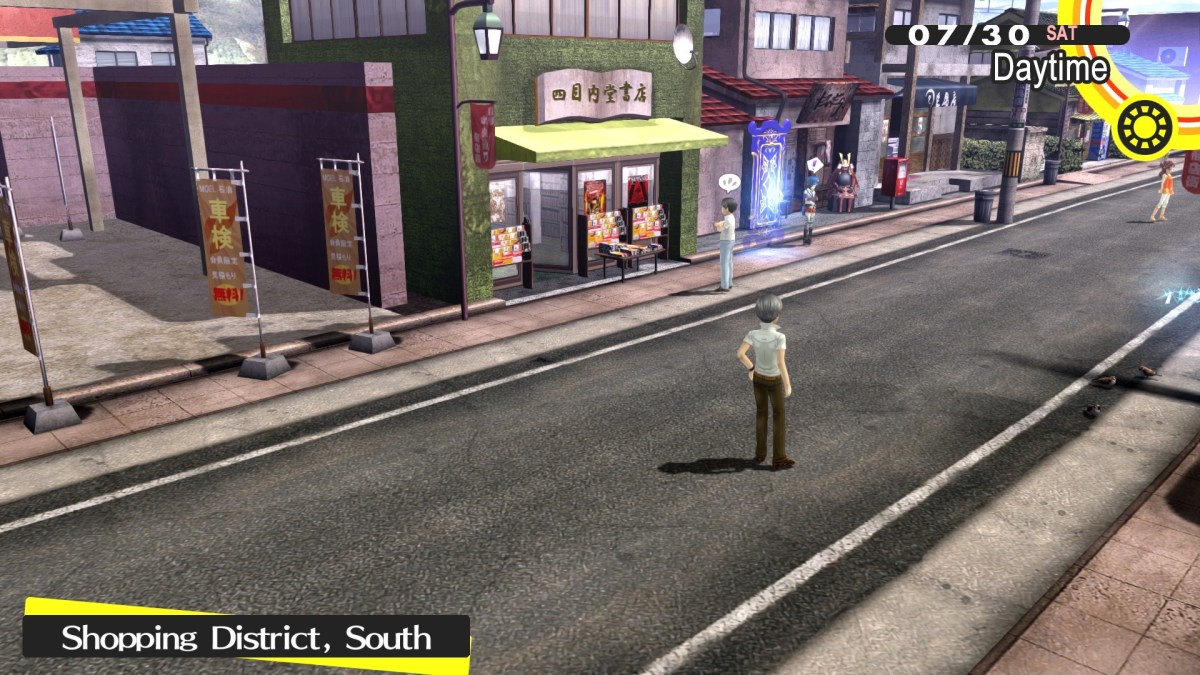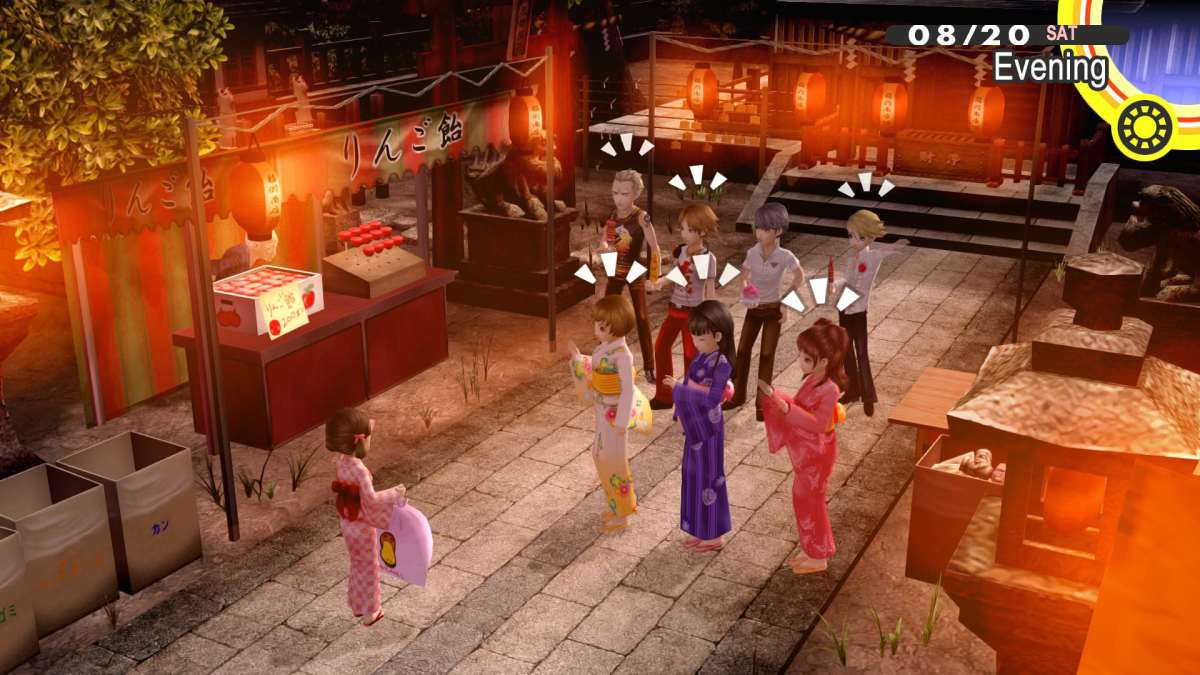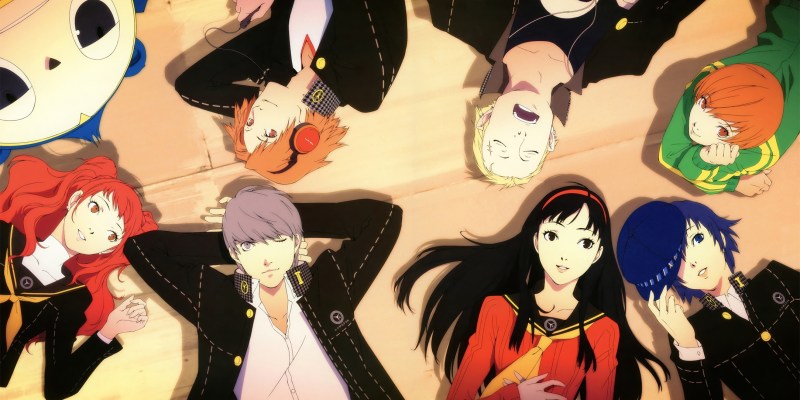When we think of JRPG settings, the first thing that comes to mind is probably a grand, sweeping world that goes on as far as the eye can see. The promise of adventure that Cloud and his pals find when they leave Midgar in Final Fantasy VII. Diverse biomes housed on the backs of massive Titans in Xenoblade Chronicles. The entire life span of a planet spread across millions of years in Chrono Trigger.
But standing alongside these fantastical places is the Persona series from Atlus, which places its adventures in the confines of modern Japanese cities. And as gorgeous, sprawling, and packed with activities as Persona 5’s Tokyo is, it’s the quiet town of Inaba in Persona 4 Golden that stands out as one of my absolute favorite JRPG settings ever.
From the moment you step foot off the train, everything in Inaba seems to move at a slower pace than it does in the big city. It’s a two-pump gas station kind of town (though folks who’ve finished the game know not to judge a gas station by its attendant). Your year in Inaba will mostly consist of spending time across the same handful of locations on the same handful of screens, but it’s in that small selection where an incredible sense of depth, texture, and personality is created. By the time I rolled credits, the warmth of the Dojima residence, the serene calm of the Samegawa Flood Plain, and the dogleg of the Central Shopping District all felt like home to me.

Inaba’s identity has a great way of transforming throughout the game in various ways. There are basic things, like how a building that houses a general store during the day turns into a lively pub at night, or how the tranquil shrine gains an air of menace under the moonlight. Given the fact that the story of Persona 4 plays out over the course of a year, we also see Inaba transform throughout the seasons, with the constant hum of cicadas in the summer replaced by the soft silence that comes from a blanket of snow in the winter. And of course, there are the semesters spent in Yasogami High School, whose quiet classrooms and sun-baked hallways exemplify the peaceful mundanity of Inaba as a whole… minus the whole serial killer thing.
Persona 4 also does a smart job of letting you discover new bits of the town as they pertain to the party members you meet along your Scooby-Doo adventure to solve a murder and ultimately save the world. As you grow close with Yukiko, you’ll discover more about her family’s Amagi Inn, which is one of the only tourist destinations in town. Kanji’s introduction will shed new light on his mother’s textile store, and the same goes for the tofu shop run by Rise’s grandmother. These things all help Inaba act as the perfect foil to the non-grounded elements of the Persona 4 adventure, like the liminal space of the Velvet Room’s limousine and the dungeons housed inside the TV world of the Midnight Channel.

Speaking of TV, I love how Persona 4 uses the medium as a focal point of its story and presentation. Like I imagine many of you have, I’ve grown jaded and disillusioned with things like the rampant consumerism inherent in department stores and the mind-numbing nature of most things on traditional television. But there’s an innocence to the way Persona 4 presents these things, which largely has to do with the overwhelming goodness of your little cousin Nanako. Her excitement whenever she hears the Junes jingle on TV is infectious, and it takes me back to a simpler time where I too found unadulterated enjoyment in trips to the mall and literally anything that was playing on TV. It also helps that Persona 4 released in 2008, just after the launch of the first iPhone and right on the cusp of smartphones becoming ubiquitous in the world, which again feeds into the notion of this world being a relatively small place.
While I love an RPG that makes me feel like I’m going on a globe-trotting odyssey, there’s just something about the compact nature of Inaba that really resonates with me. While video games as a whole tend to abide by the notions that bigger is better and more is a necessity, I’ve grown to really appreciate effective brevity, and Inaba has that in spades.
